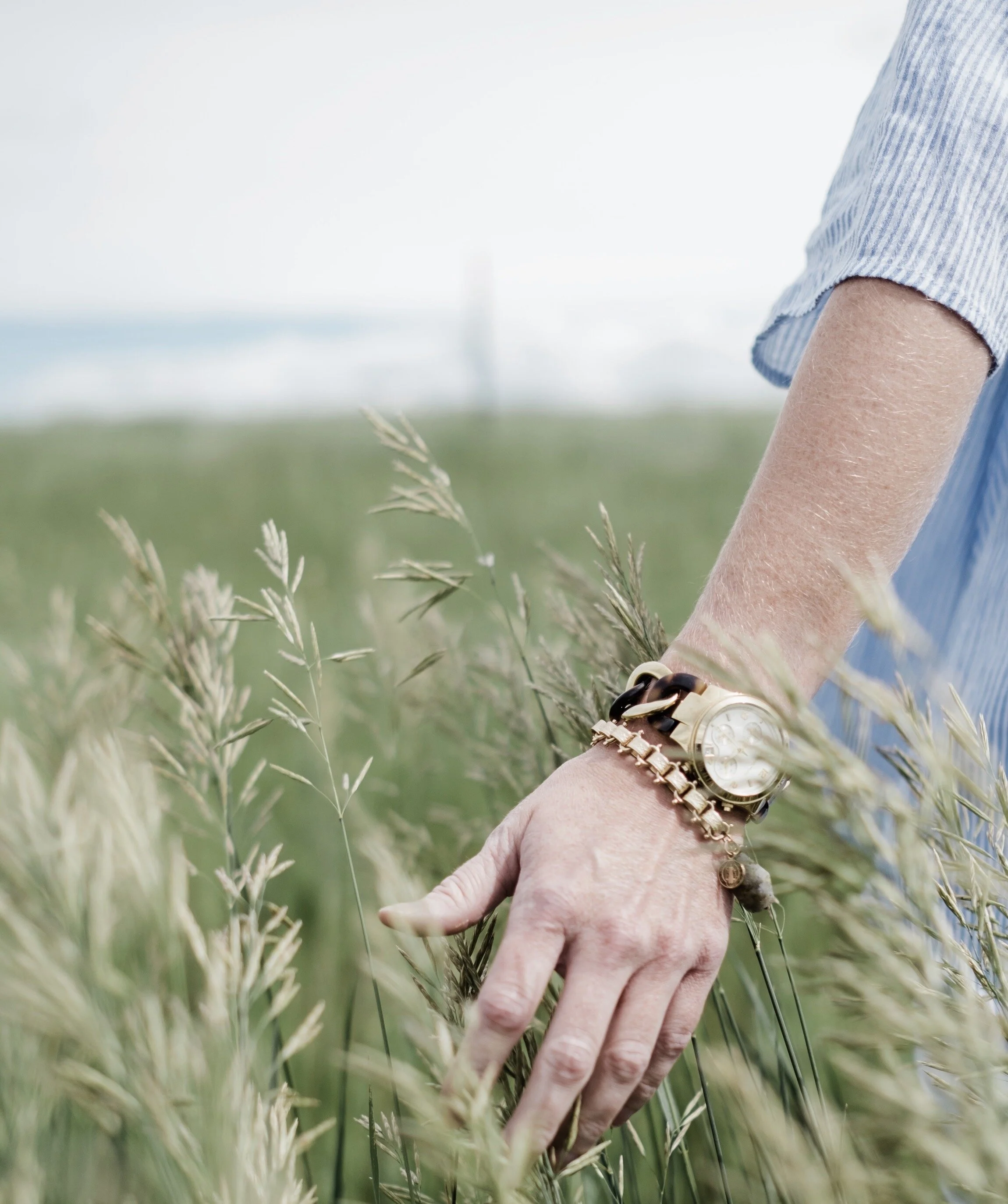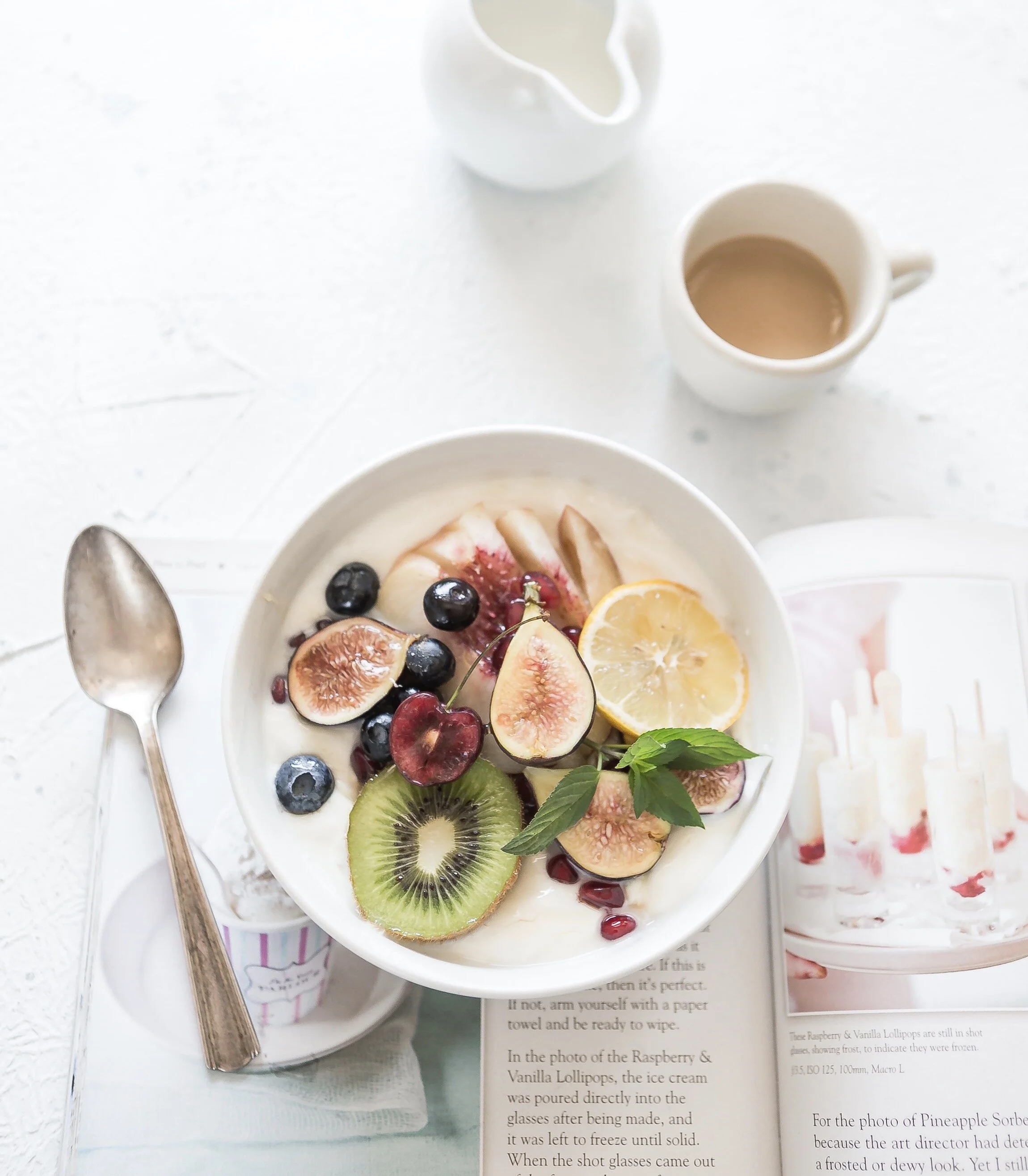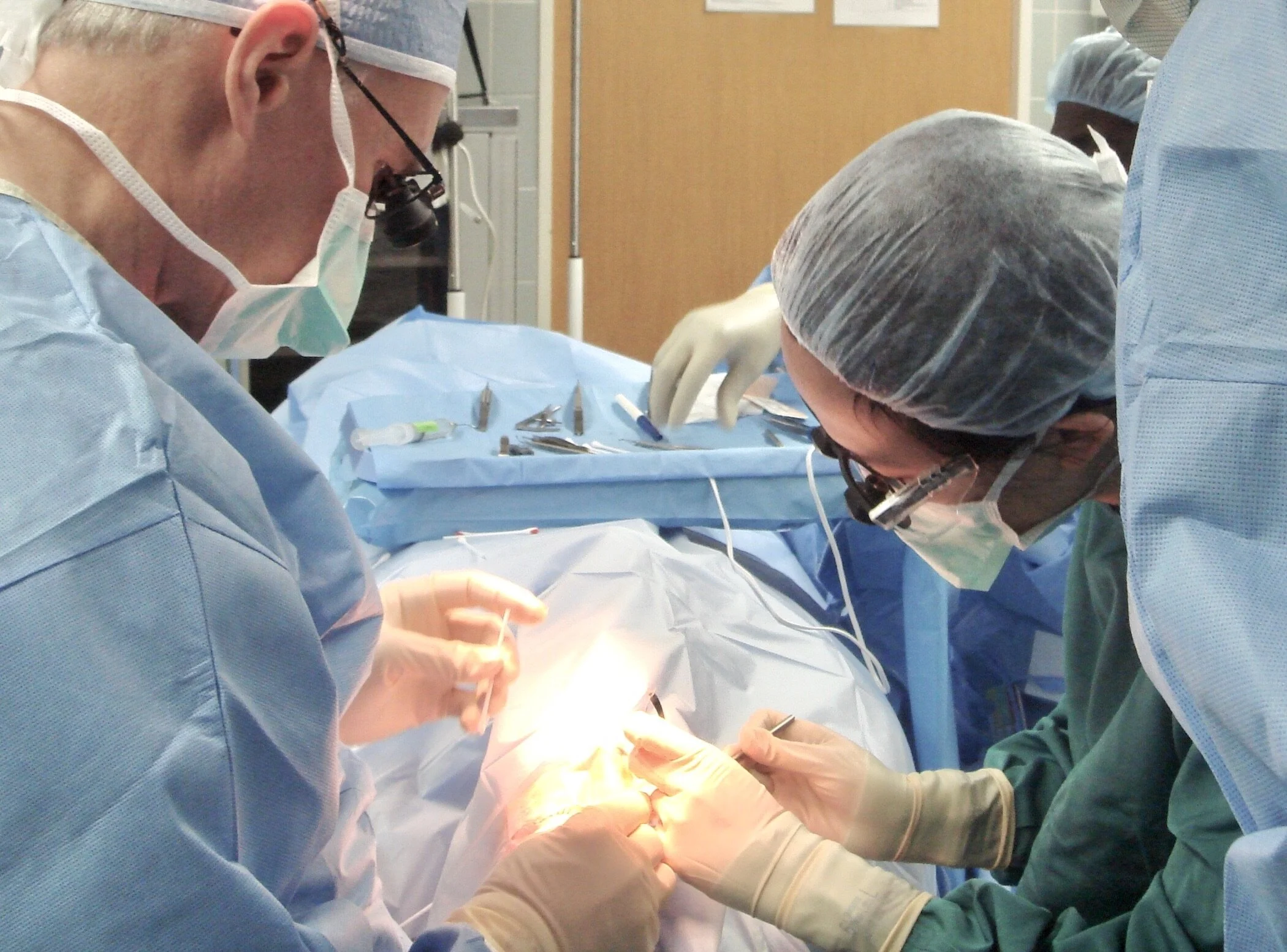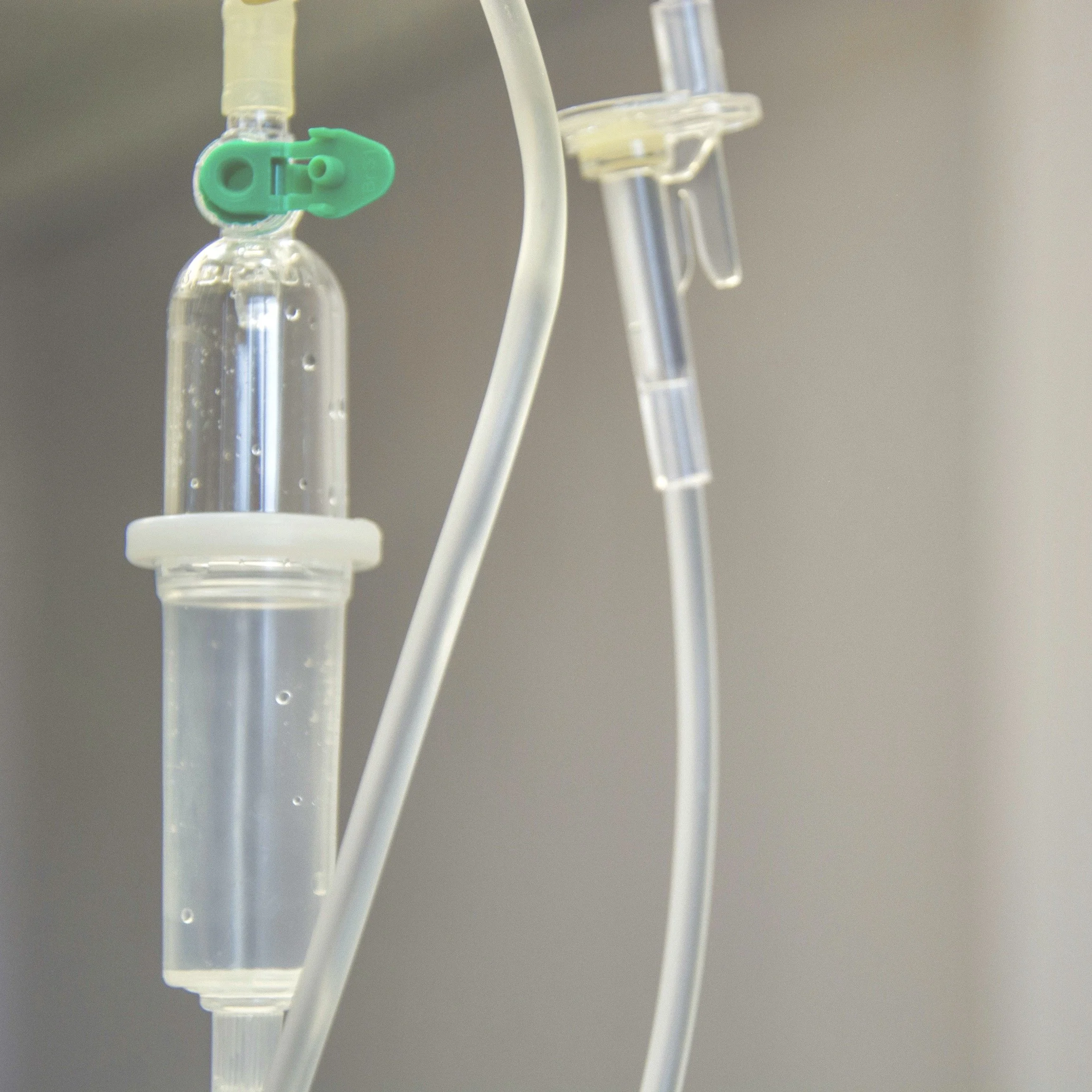Soft-Shell and Peeled
The general rule in nature is that live things are soft within and rigid without. We vertebrates are living dangerously, and we vertebrates are positively piteous, like so many peeled trees . . . I am sitting under a sycamore tree: I am soft-shell and peeled to the least puff of wind or smack of grit.
– Annie Dillard, Pilgrim at Tinker Creek
I scraped my hand against the wood of a fence door when taking the dog out for a walk the other day. It took weeks to heal, smarting anew every time I washed the dishes or brushed my hand against some object while doing a chore. Finally, the skin healed over, only to fester into a scar. My body used to be so resilient I never had to think about it; now, I’m marked by the slightest injury. My skin is a walking record-book: there’s the time the cat scratched me when she was startled by a sudden noise from the kids while I was holding her. There are the grooves from all that smiling, the dozens of freckles that sprang up overnight, evidence that I’m not as immune to the sun as I liked to think.
I know on a cellular level what is going on, things like attenuation of the epidermis and decrease in keratinocyte proliferation. I’ve injected botox into the orbicularis grooves of patients. But living inside that skin feels different. I am simply and forcefully becoming acquainted with fragility. I’m walking out into the world a soft-shelled creature. I marvel at the spongey softness of our youngest child’s cheek (have you ever gotten really close to a child’s cheek?), at how much give it has to the slightest touch. Our other children are gaining a different kind of dermatological resilience, sprouting into long-limbed, slippery-smooth creatures, their skin tanned and sleek. When I hold them, I feel like they could wriggle away at any moment, to go flying fearlessly into the world. The older ones swim a beautiful fly, and that’s how I picture them: arms wide and reaching, taking in lungfuls of life, the water slipping right off their surfaces as they propel forward.
And me, I’m moving backward in time. I see my hands turning into my mother’s hands, the skin thinning, the veins emerging. Her hands were always doing something: washing, wiping, chopping, folding. I used to look at the network of veins on the backs of her hands and think, there is a map of all the work these hands have done. And now that’s me, becoming more and more marked by the path I’ve taken and the world I’m in. There’s a new tenderness I must take with myself. A new awareness of my susceptibilities. I walk out among the coastal redwoods now and think, these trees are becoming more and more armored over time: and I am more and more peeled back.
Patients often tell me that aging surprises them. They experience in a strangely precipitous way the most predictably inexorable thing of all: time. “I woke up, and my body was older,” they say. It’s like that Wendell Berry poem:
I know I am getting old and I say so,
but I don’t think of myself as an old man.
I think of myself as a young man
with unforeseen debilities. Time is neither
young nor old, but simply new, always
counting . . .
Even the old body is new—who has known it
before?—and no sooner new than gone, to be
replaced by a body yet older and again new.






